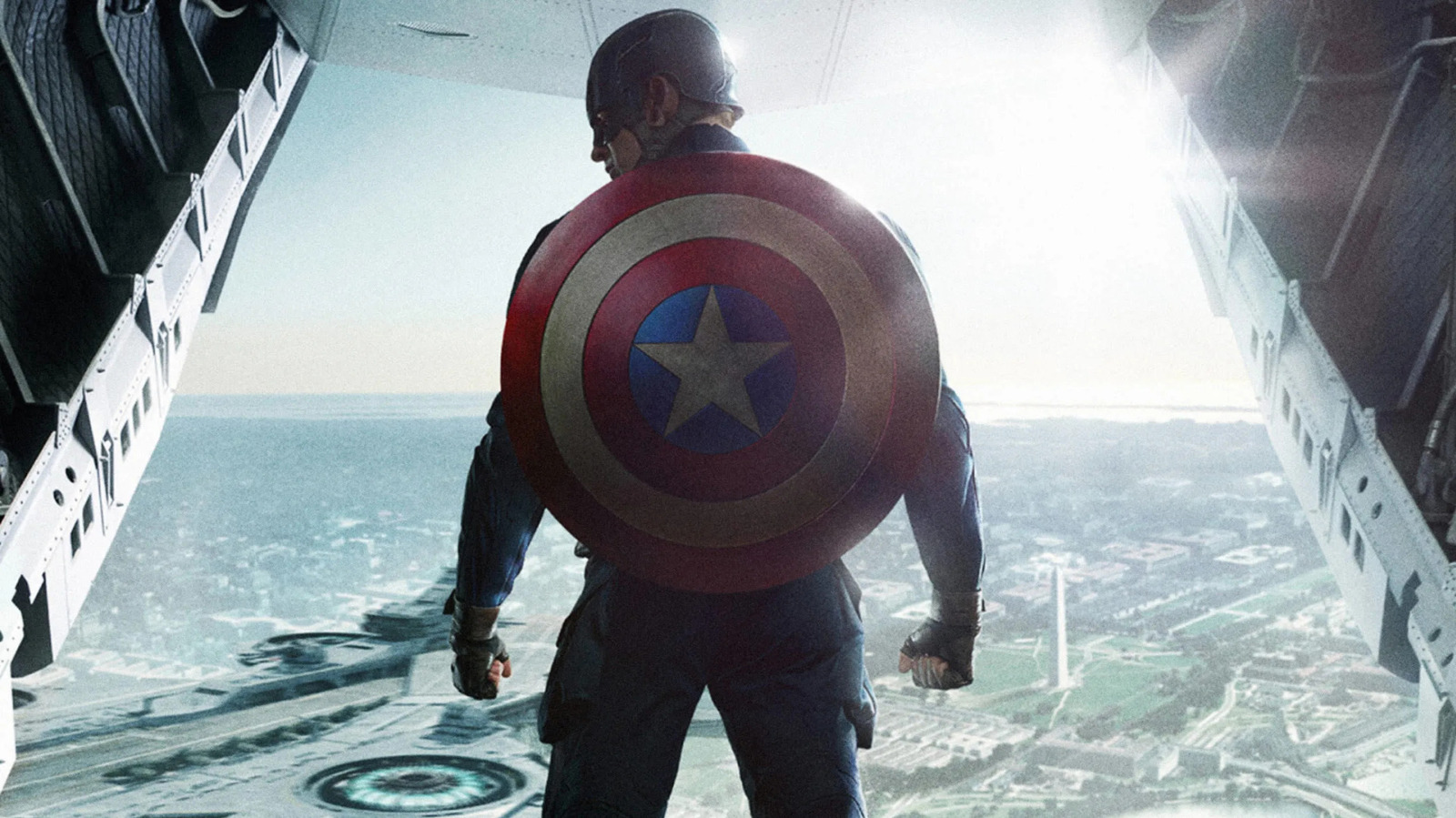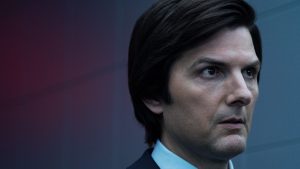
One of Captain America’s Most Intriguing Antagonists Was a Former U.S. President
Captain America made his debut in 1940 with a cover that depicted him valiantly punching Adolf Hitler, courtesy of creators Jack Kirby and Joe Simon. Over the years, Captain America’s most notable foes have mostly been fictional Nazis, like Red Skull and Baron Zemo. However, history has shown us that the roots of fascism aren’t exclusively foreign. The United States has had its share of dark moments, and it was during a significant one in 1974 that Captain America found himself embroiled in a storyline that echoed real-life political turmoil.
The “Secret Empire” arc, spanning issues #169-175 of “Captain America,” was crafted by writer Steve Englehart with artwork by Sal Buscema. This gripping narrative introduced a secretive organization determined to undermine Captain America and wrest power from the nation’s government. Clad in ominous purple and black cloaks, the members of the Secret Empire addressed themselves using numerical designations, effectively hiding their true identities.
In a shocking twist within issue #175, Captain America unveils the identity of Number One, the leader of the Secret Empire, only to witness him take his own life in the White House. This traumatic revelation sends Captain America into an existential crisis, prompting him to retire as the iconic superhero and adopt the new persona of Nomad, a man adrift without a country. It isn’t until issue #183 that he resumes his role as Captain America, realizing his duty is to embody the ideals the nation should aspire to, rather than simply responding to its failures.
Although the comic does not reveal Number One’s face or name, the thematic parallels to President Richard Nixon are unmistakable. The storyline served as a thinly veiled commentary on the Watergate scandal, which dominated headlines at the time. Englehart later remarked on how closely he followed Watergate’s unfolding drama, describing it as a political thriller that demanded to be addressed in Captain America’s narrative. The political climate of the early 1970s made it clear that the superhero could not continue battling comic-book villains without acknowledging the real-world turmoil surrounding him.
Notably, the name of the organization attempting to discredit Captain America mirrors that of Nixon’s real-life Committee to Re-Elect the President, an ironic nod to the underlying commentary on governmental corruption. The figure of Harderman, the head of the Secret Empire, serves as a fictional counterpart to Nixon’s chief of staff, H. R. Haldeman. Englehart infused the story with a sense of urgency and political relevance, acknowledging that his readers were experiencing profound disillusionment with their government.
The influence of “Secret Empire” is evident in the subsequent portrayals of Captain America. Following Englehart’s departure, a host of writers continued the narrative thread he established, reflecting the ever-shifting political landscape of America. From the more confrontational portrayals in Ed Brubaker’s 2000s run—where Captain America contends with themes of espionage and betrayal in the wake of 9/11—to the explorations of identity and morality under writers like Ta-Nehisi Coates, Captain America has consistently served as a reflection of American values, struggles, and sentiments.
More recently, the character has continued to evolve in response to the political climate. The infamous “Hail Hydra” twist introduced by Nick Spencer flipped perceptions of Captain America on their head, creating a narrative that paralleled the political climate of the 2016 Trump campaign. This shocking revelation resonated deeply with readers, challenging their understanding of heroism in a tumultuous era.
With each retelling and re-examination of Captain America’s story, he not only embodies the ideals of the nation but also confronts its flaws, grappling with the weight of his legacy. As new writers take the helm, the ongoing narrative asks profound questions about identity, moral complexity, and the ever-changing landscape of the American Dream, ensuring that Captain America remains a relevant and thought-provoking figure in comics and beyond.




